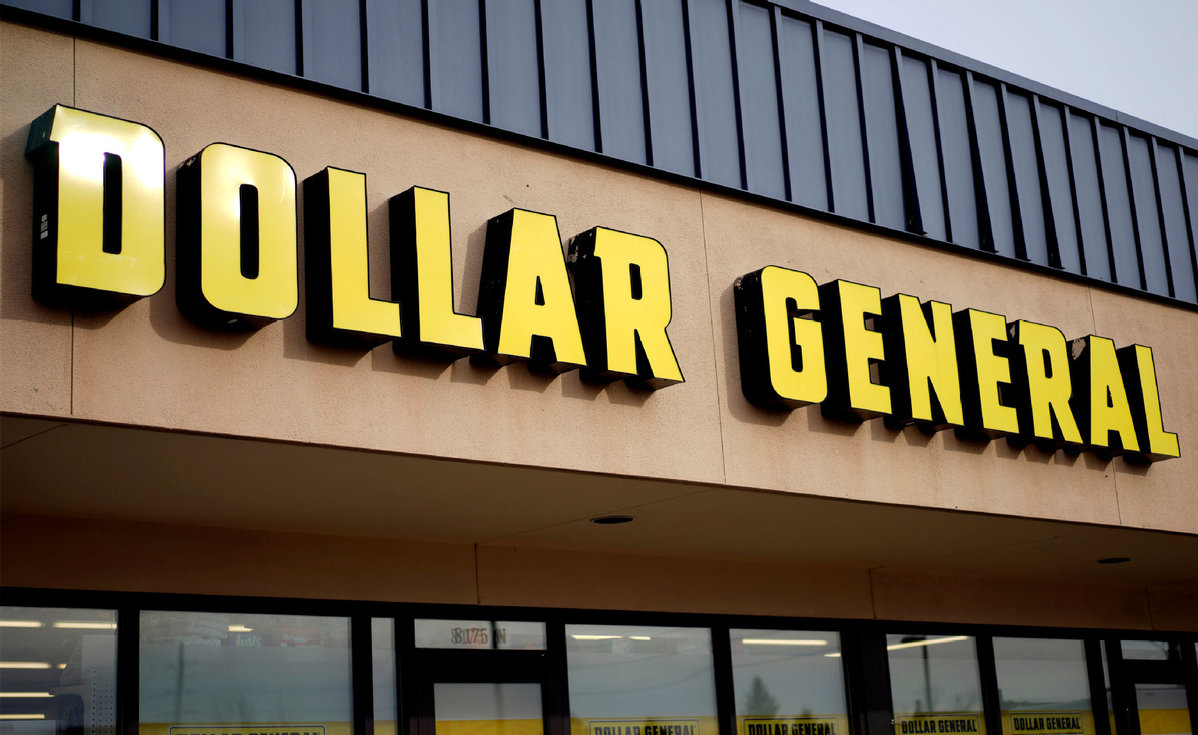Retailers urge Trump to halt tariffs


Powerful associations join chorus of calls to rethink risks to the economy
US retailers on Monday called on President Donald Trump not to go ahead with the punitive tariff plans on China to avoid serious adverse effect on the US economy and consumers.
Three retail associations, The Retail Industry Leaders Association (RILA), American Apparel & Footwear Association (AAFA) and National Retail Federation (NRF) sent a letter to Trump expressing their concerning about the detrimental impact broadly applied tariffs could have on US families.
The White House is reportedly to announce this or next week $30 billion to $60 billion tariffs on Chinese exports, especially technology and telecommunications goods, after a Section 301 investigation of China's intellectual property policy and practice. The Washington Post, quoting administration officials, reported on Monday that Trump will unveil the $60 billion annual tariff package against China by Friday.
Section 301 of US Trade Act of 1974 is regarded outdated and unilateral action inconsistent with WTO dispute settlement principle.
The letter from the three retail associations is the latest following a letter on Sunday by 45 trade associations pleading Trump to reconsider its tariffs on China, fearing its "chain reaction of negative consequences for the US economy".
The US Chamber of Commerce, the world's largest trade federation that represents more than 3 million businesses, voiced its strong opposition to Trump's sweeping tariffs on China in a statement issued last Thursday.
The retailers claimed that they and their membership fought for Trump's tax reform but are concerned that any benefits from reform for retailers and families will be wiped out by broadly applied tariffs on every day consumer products.
The three retailer associations were signed by 25 companies which boast $1.5 trillion in annual sales and tens of millions of US jobs, such as Walmart, Target, Sears, Costco, JCPenney, Macy's and BestBuy, Abercrombie & Fitch and Columbia Sportswear.
The letter and a press release, posted on Arlington, Virginia-based RILA website, claim the broad tariffs would "punish American working families with higher prices on household basics like clothing, shoes, electronics, and home goods".
Sandy Kennedy, president of RILA, said that the tariffs could set the industry back. "This is not American industries crying wolf. Higher tariffs will mean higher costs to businesses and in turn higher prices for American families," Kennedy was quoted as saying in the press release.
"Tariffs are a hidden tax on Americans - plain and simple. More than 41 percent of clothing, 72 percent of footwear, and 84 percent of travel goods sold in the US are made in China," said Rick Helfenbein, president and CEO of AAFA.
"A tariff on these products would be a tax on every American. In addition to increasing costs for American families, this action could result in retaliatory tariffs that target American businesses, resulting in job losses. At the end of the day, this could be disastrous for American families, American workers, and American businesses."
"As the industry closest to consumers, retailers know firsthand how high tariffs will hurt American families," NRF President and CEO Matthew Shay said.
Concerns about a trade war between the US and China and other US key trade partners have grown lately after Trump imposed tariffs on imported washing machines and solar panels in January and signed proclamations this month on 25 percent tariff on steel imports and 10 percent tariff on aluminum imports in the name of national security under the controversial Section 232 of US Trade Expansion Act of 1962.
Trump's move on the tariff front has been seen as fulfilling his presidential campaign promise, especially ahead of the midterm election this fall. China, the European Union and many other US trading partners have explicitly and inexplicitly said that they will take countermeasures in response to US tariffs.































